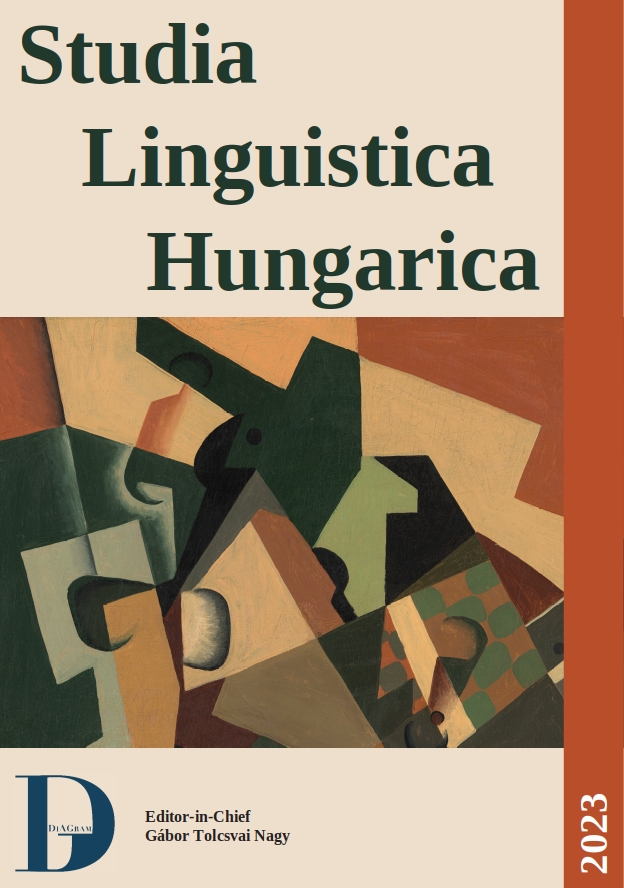A linguistic analysis of teacher trainees’ reflective journals
DOI:
https://doi.org/10.54888/slh.2023.35.38.53Keywords:
reflective thinking, reflective journal, metacognition, sentence creation, reflexive language useAbstract
Since the year 2000, there has been an increasingly noteworthy emphasis on fostering reflective thinking among teacher trainees in Hungary as well. One instrumental approach for enhancing reflective thinking is through the use of reflective journals. These reflective journals encompass idiomatic representations of metacognitive processes that not only ponder over actions but also consider linguistic usage. Metacognitive-reflexive procedures and facets of metapragmatic awareness become linguistically explicit within the confines of reflective journals. The research inquiries in this study are as follows: how can we ascertain the reflective nature of examined texts, how can sentences in the journals be linked to various levels of reflectivity, and what types of linguistic components serve as illustrative markers of reflexive discourse. The present investigation scrutinises the reflective journals of 20 university students from a pedagogical and functional cognitive pragmatics perspective, employing both quantitative and qualitative methods for content and text analysis. Identifying linguistic elements that convey reflexivity has the potential to heighten the consciousness of teacher trainees regarding their use of reflexive language and deepen their reflective thinking processes.

